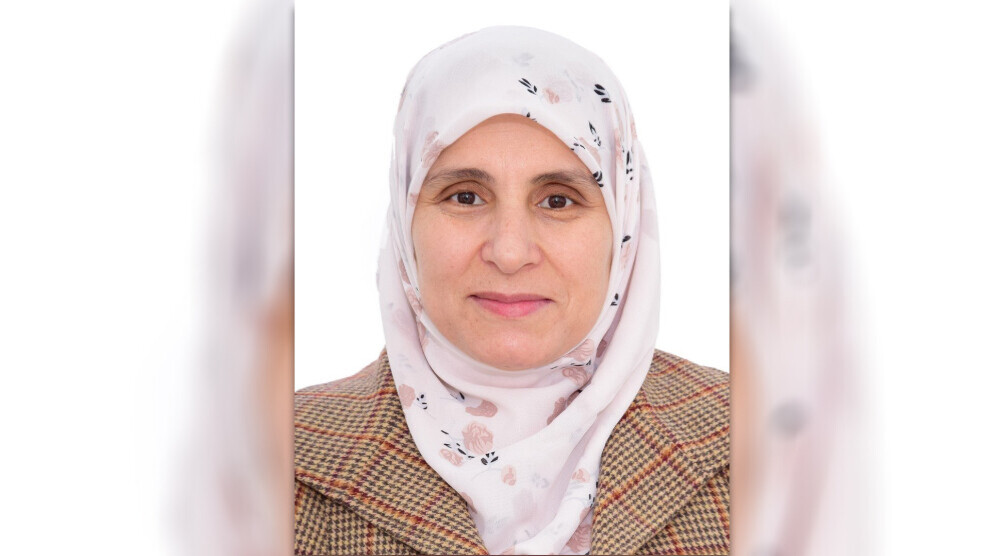Algeria: MP Farida Ghomra submits proposal to extend maternity leave to six months
On International Women's Day, Algerian MP Farida Ghomra submitted a proposal regarding social security, specifically the Family Code of Algeria to extend maternity leave to six months.

RABAA KHURAİS
Algeria- On International Women's Day, Algerian MP Farida Ghomra submitted a proposal regarding social security, specifically the Family Code of Algeria to extend maternity leave to six months from three months.
According to Algerian law, if a woman becomes pregnant, she must follow the legal procedures to use her right to maternity leave. However, a three-month maternity leave is quite limited, and despite changes in working and social life, this regulation has remained mostly unchanged since the 1980s.
Farida Ghomra, an Algerian parliamentarian, told NuJINHA that she took advantage of International Women's Day to submit a proposal to the parliament in order to extend the period of the maternity leave legislation in the country.
Ghomra wants the maternity leave to be extended for a variety of reasons. The most important is the limited period for breastfeeding, even though the breastfeeding period is two years.
Farida Ghomra advised mothers around the world to follow directives and recommendations of the American Academy of Pediatrics to continue breastfeeding for as long as possible, citing World Health Organization and UNICEF recommends exclusively breastfeeding up to 6 months with continued breastfeeding along with appropriate complementary foods up to two years of age or older.
Several provisions in the proposed l emphasize the necessity of prolonging parental leave and the ability to breastfeed for the child's growth, the mother's health, and the family's overall stability.
The most notable reason for this changes are social and economic needs, such as a major reduction in breastfeeding, with just 13% of mothers in Algeria who nurse their children being registered, owing to the inadequacy of the current legislation's three-month maternity leave.
Despite the fact that breastfeeding is both a medical and a legal need, many working women are unable to secure breastfeeding when they return to work or when their leave ends due to its short period.
The reasons were highlighted, with an emphasis on the fact that more than 90% of working mothers take sick leave shortly after maternity leave, with the Social Security Fund bearing the costs, and that a significant percentage take leave of absence because the legally authorized period is insufficient.
Many countries have extended the maternity leave and encouraged nursing in order to enhance the maternal situation and safeguard the newborns by giving those full rights to natural care, according to the supporters' delegation.
